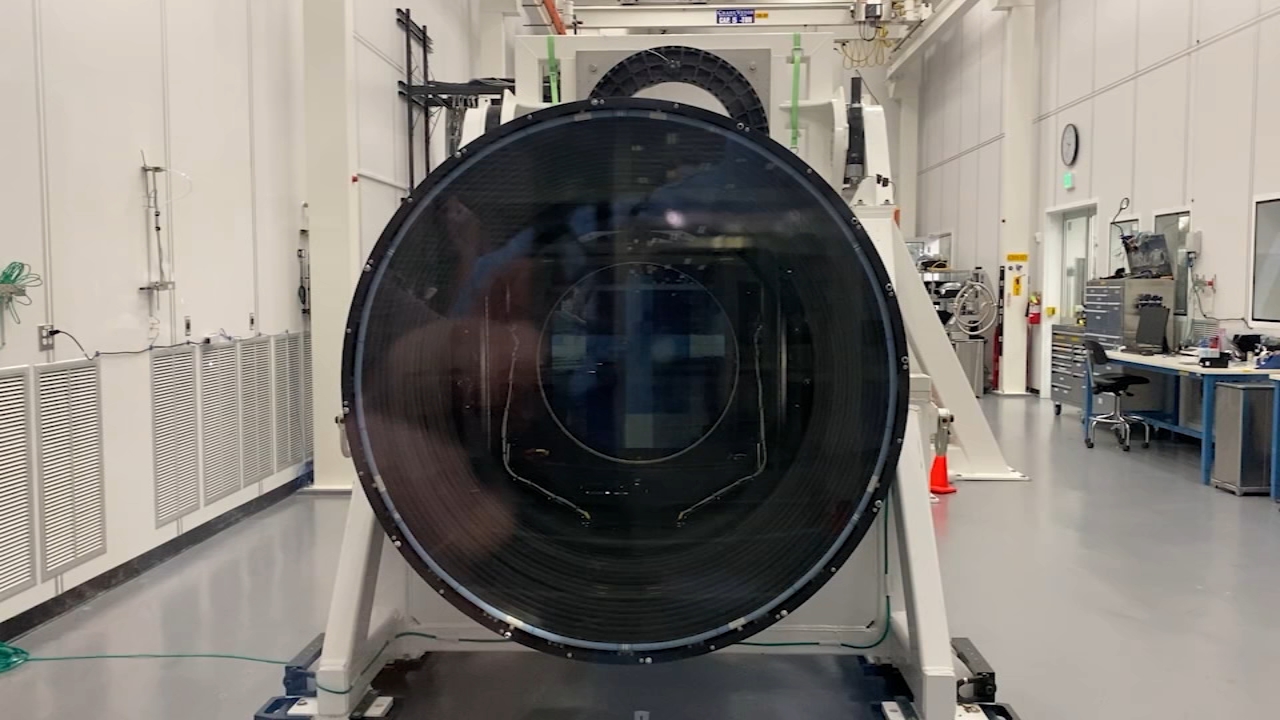Stanford Children's Health helping families facing unknown diseases


PALO ALTO, Calif. (KGO) -- In cooperation with the National Institutes of Health, a special program at Stanford is helping hundreds of families whose loved ones have been afflicted with unknown diseases.
Anahi Villanueva, 10, has been visiting Stanford Children's Health for on-going medical treatment ever since she was born. Her mother says it's been a difficult journey.
"You want to know what she has, but the doctors tell you, 'they think she has this,' but they don't know what exactly, so it makes it worse," said Maria Villanueva, Anahi's mother.
But this year, doctors figured out why the young girl from Pittsburg was experiencing life-threatening episodes of lactic acidosis, which is a dangerous build-up of lactic acid in the body. In fact, she's one of only two people in the world known to have the rare genetic disorder that causes this condition.
RELATED: 6-month-old on life support in Oakland taken to Stanford children's hospital for further care
The diagnosis came as a result of Anahi's involvement with the Stanford Center for Undiagnosed Diseases. It's one of just seven clinical sites worldwide with a team of doctors dedicated to investigating unidentified diseases.
"Our team here was really carefully going back through that data, trying to look at every genetic change she had, as careful as they could, and paying special attention to her symptoms," said Dr. Jonathan Bernstein with the Stanford Center for Undiagnosed Diseases.
More than 130 patients, including Anahi, have now been diagnosed through the program. Those findings will be released in a new study Thursday morning in The New England Journal of Medicine.
Bernstein says: "The technology and the tools that empowered us to figure out what was going on with her, weren't invented, or were barely being used at the time she was born."
With the diagnosis, Anahi's family can now better understand their options for future treatment.
"She's my whole world," said Villaneuva. "I know that she has something special and I know she has a lot to give to other people."
The Undiagnosed Disease Network was created by the National Institutes of Health in 2014.








